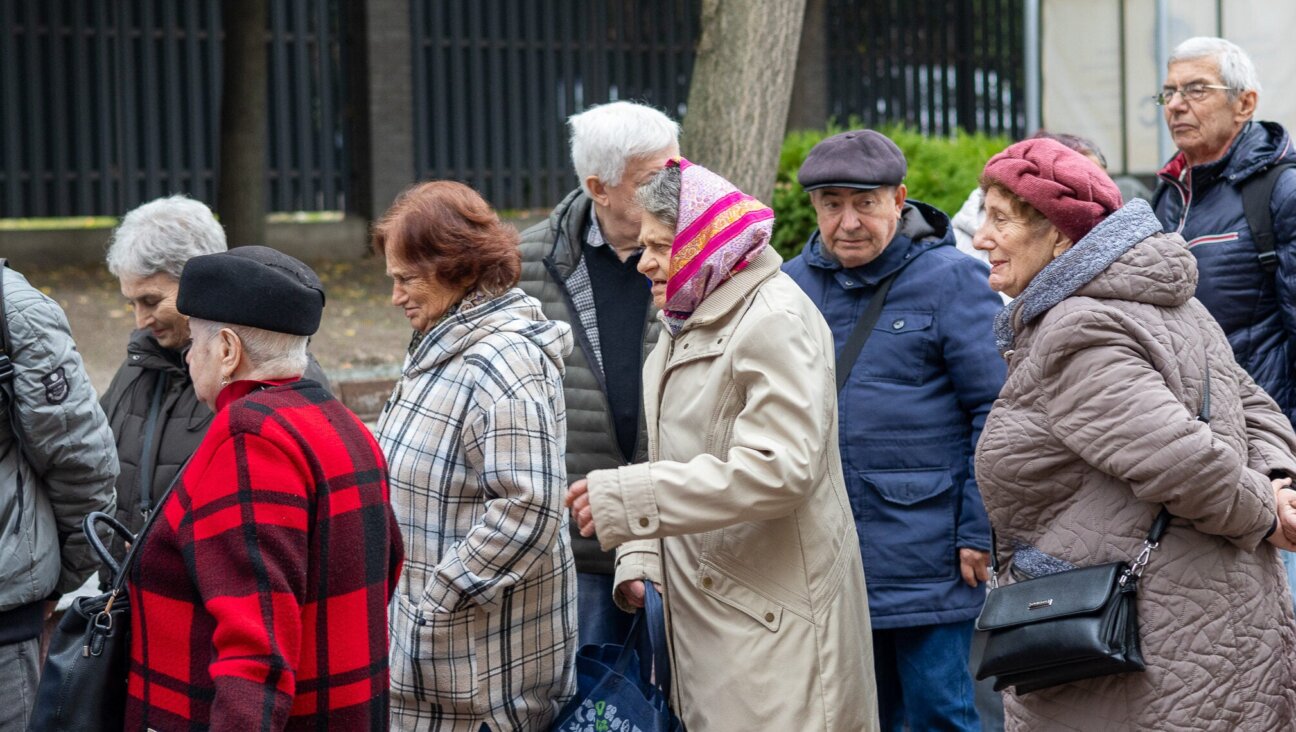Jewish ‘Sister Wives’

Graphic by Angelie Zaslavsky
I returned home from my cousin’s wedding Sunday night, happy and exhausted with barely enough energy to flop onto the couch and turn on the TV. That is how I found myself watching the two new episodes of TLC’s “Sister Wives,” a reality TV show about a modern polygamous family. I think the expected feminist response to a show about polygamy is a negative one, summed in this post on Jezebel: “Sister Wives Talk Like Soul-Sucking Stepford Zombies.” It’s easy to condemn the show, and “the lifestyle” (as they call it) but after watching the first few episodes, I found myself pondering polygamy and its presence in our history as Jews. After all, my biblical namesake was a sister wife.
When it comes to bible study, I am only familiar with the basics. But even I know that polygamy features prominently in the stories of our patriarchs and matriarchs. The story I know best is that of Jacob, who married both Leah and Rachel. (This story is expanded in the midrash told by Anita Diamant’s “The Red Tent.”) Rachel, the woman Jacob married for love, gave birth to Joseph and eventually died in childbirth with her second child, Benjamin. Thanks to polygamy, Jacob was able to father the 12 sons (and one daughter). The sons would then go on to father the 12 Tribes of Israel with his wife Leah and their hand servants, Bilhah and Zilpah. It’s hard to ignore the centrality of polygamy, or “plural marriage,” in our own cultural heritage.
Leah Berkenwald is the online communications specialist at the Jewish Women’s Archive, and a contributor to its Jewesses With Attitude blog, which cross-posts regularly with the Sisterhood.
















